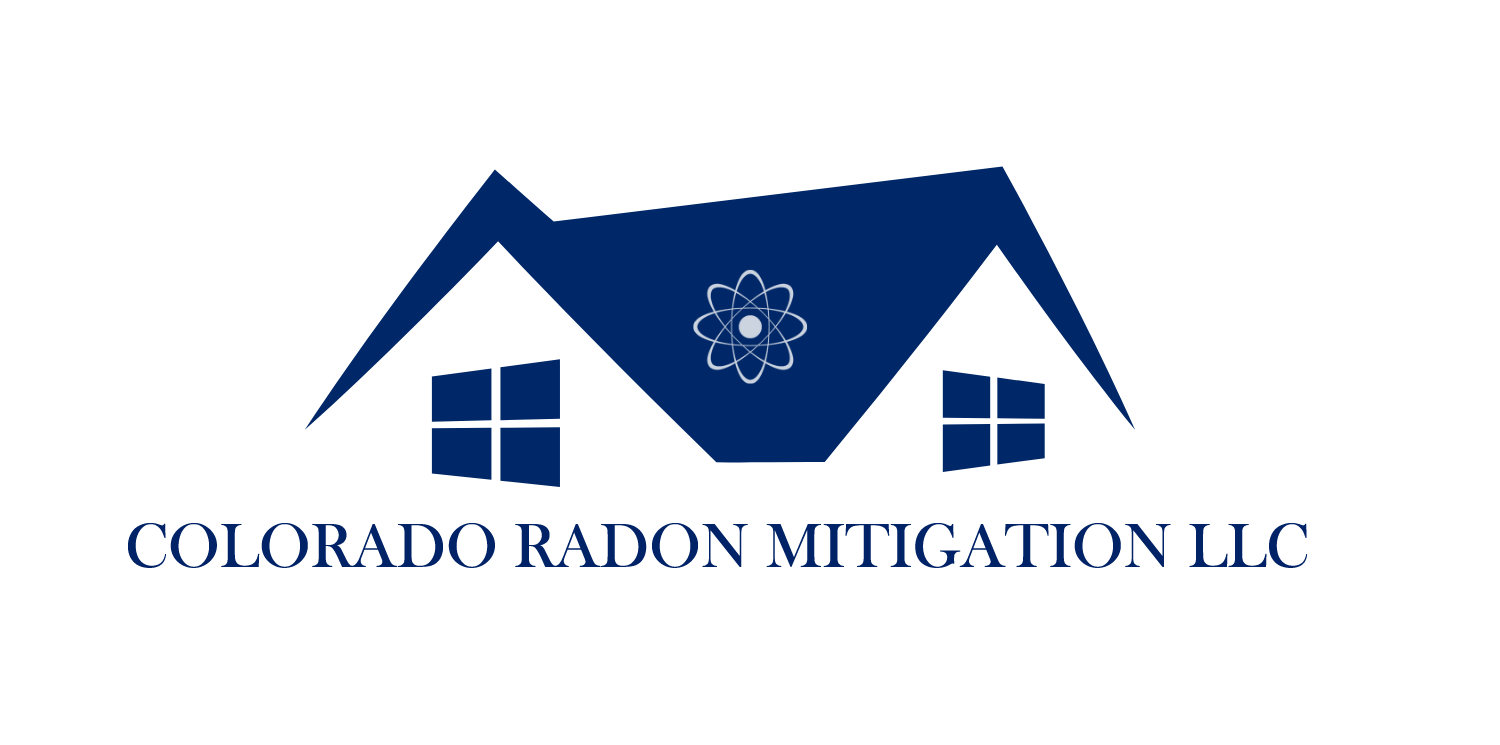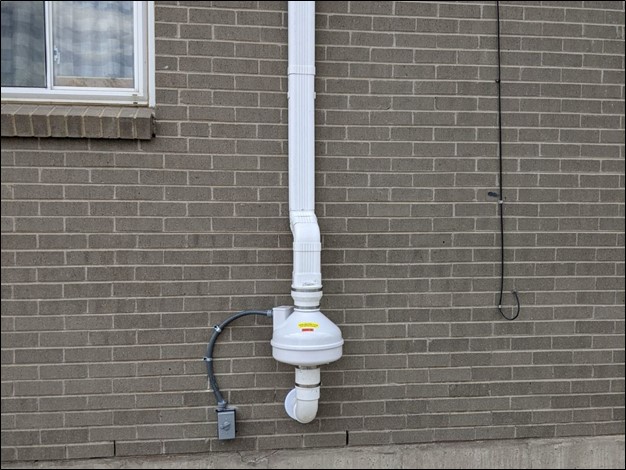Radon, an invisible, odorless, and tasteless radioactive gas, leaks into homes and buildings through walls, foundations, and other openings when radon decreases in soil, rock, and water, harming public health. Because Colorado’s radon levels are often higher than the national average, this dangerous threat affects real estate transactions. Homeowners and sellers must understand how radon affects home sales and how to reduce its risks.
Effect of Radon Testing in Bargaining
It’s critical to tell prospective purchasers of a Colorado house about any known radon problems. Prudence in radon level disclosure can foster confidence and prevent problems later on in the deal. Although it’s not required by Colorado law, many purchasers ask for radon testing throughout the inspection process. A house with high radon levels might be a deal-breaker for buyers concerned about health, especially if they have elderly or young children who are more susceptible. High radon levels are linked to lung cancer, so prospective homeowners should be wary.
Advantages of Radon Mitigation Systems
Radon testing is a common component of home inspections and might affect the negotiating process. If a radon test exceeds the EPA’s action limit of 4 picocuries per liter, buyers frequently urge the seller to lower levels before closing. Putting in place a radon mitigation system can calm purchasers and make the deal go more easily.
Standard Radon Testing in Home Inspections
Routine radon testing should be a component of the house inspection process for prospective buyers. Testing a house, even with a mitigation system in place, guarantees that it is operating as intended. To be sure any current radon mitigation equipment is still effective, buyers should also find out about its maintenance history. Should a test show elevated radon levels, purchasers have the option to bargain with the seller to install a mitigation system or to have the price lowered to cover the installation costs after the purchase.
Role For Real Estate Brokers in Radon Education

Colorado real estate brokers play a key part in educating their consumers about radon. As part of the deal, agents ought to suggest to both buyers and sellers to think about radon testing and mitigation. They are able to suggest reliable radon inspectors and mitigation experts to guarantee precise testing and workable remedies. Through early resolution of radon issues, agents may contribute to the avoidance of obstacles and delays in the sales process, which will result in more seamless transactions and happy customers.
Building Components Anti-Radon
A radon-resistant building element may be included in some homes in places like Colorado, where radon levels can be very high. Because radon-resistant building methods keep radon out of the dwelling, prospective purchasers find new homes more appealing. Refitting an older house with radon-resistant elements can raise its value and appeal.
Radon Levels: How They Affect Insurance and Mortgages
In assessing a house, mortgage lenders and insurance firms may also take radon levels into account. An additional level of complication to the transaction could result from high radon levels affecting the conditions of an insurance policy or mortgage. While insurance companies may change rates according to radon risks, lenders may demand radon testing and remediation as a prerequisite for borrowing. This emphasizes the need to take care of radon problems as soon as possible throughout the purchasing or selling process to prevent unforeseen difficulties.
Conclusion
Taking care of radon problems quickly is necessary for Colorado real estate deals to go smoothly. Hiring a professional service like Colorado Radon Mitigation can help make sure that houses meet safety standards. This protects people’s health and keeps property values high. Both buyers and sellers can feel more confident and successful in the complicated world of real estate deals if they take the initiative to test for and get rid of radon.

